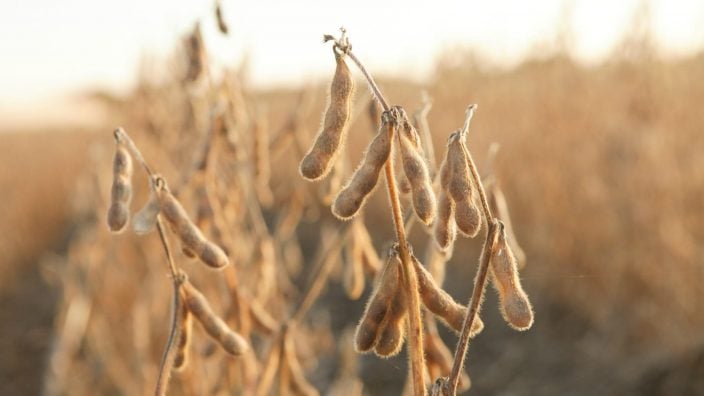Farmer’s Guide to Trucking Regulations available to Ohio Farm Bureau members
The guide includes a farm driver checklist, overview of state and federal regulations and exemptions, CDL qualifications and more.
Read More
Lately, American farmers have not been given much good news when it comes to trade. American Farm Bureau Chief Economist John Newton tells Ohio Farm Bureau Director of Media Relations Ty Higgins that big wins with the USMCA and Japan may get the ball rolling for more bilateral trade deals and could bring positive momentum to the upcoming trade talks with China.
Ty Higgins: This is the Ohio Farm Bureau podcast. I’m Ty Higgins along with Dr. John Newton. He’s the chief economist with the American Farm Bureau Federation, and John on the economic side of agriculture so much to talk about. Let’s start with trade. We were hearing a lot about what might be happening with China in the near future but a big deal coming down the pike with one of our biggest trading partners in Japan.
Dr. John Newton: Well I think the administration sent the notice up to Congress that we’re going to see some details on the Japanese Trade Agreement very, very soon. The challenge with Japan was that the CPTPP countries moved forward with their trade agreement that did not include the United States. So we didn’t have the same preferential access as some of our competitors in the Japanese market. So once we see the details there hopefully this levels that playing field a little bit for especially for some of our products. Beef going into Japan — 2 billion dollars a year. We’d like to see some better access there. Dairy products obviously. Japanese markets are very, very important. It’s one of our top five markets. So getting better access can be a big win.
Ty Higgins: You mentioned that Trans-Pacific Partnership and the way it kind of went to the wayside when President Trump got into office. We talked about all these bilateral trade deals to make up the difference. Are we going to see enough to do what TPP could have done?
Dr. John Newton: Well I think it’s you know if you look at it trade like a football game, We need to get some first downs. I think getting USMCA across the finish line, getting the Japan trade deal done signals to our other partners around the world that hey we’re open for business and we can get something done. Come to the table. Let’s negotiate. I think if we get something done with China and then maybe think about some other markets that are quite frankly very, very large markets that we don’t have a big role in. The Indian market is as big as China and yet we do not do a lot of business there. So maybe we can find some new markets. You know when we think back to the situation with China we’re not going to replace them. But we need to find some new customers around the world.
Ty Higgins: When it comes to the RFS, President Trump really kind of ruffled some feathers a couple of weeks ago with some waivers. Where is that now and what might be the next steps the administration takes?
Dr. John Newton: I think people are sitting down at the table trying to figure out how do we move forward. The small refinery exemptions effectively took 4 billion gallons of ethanol off the table. That impacts corn demand. I think the administration is trying to figure out how do you reallocate that. There’s obviously going to be some pushback from the refineries but you can’t do those small refinery exemptions and approve them at such a high rate and not expect agriculture to be a little bit upset.
Ty Higgins: Where are we out on the farm bill implementation process?
Dr. John Newton: Well it sign up for ARC and PLC is now open. Farmers and ranchers can get out there and sign up for ARC or PLC. They need to evaluate the prices, understand the yields. We’ll be doing some work at Farm Bureau trying to help people understand both of those program options. The sign up for the dairy program closes this Friday. I think about 70% of the milk out there is enrolled in the new dairy margin coverage program. So you’ve got all these new farm bill programs available to you. It’s important to sit down and figure out what works best for your operation.
Ty Higgins: I’d be remiss if I’d let you go and didn’t talk about the elephant in the room and that’s China. We have seen the ebbs and flows of this trade war over the past year and so now we’re hearing about maybe China dropping some tariffs on some soybean and pork products from the U.S. and trade talks starting up again in October. What are you hearing on that front?
Dr. John Newton: Well it’s a step in the right direction. You know we’re approaching harvest season. We’re going to have new crops/soybeans to move. We’ve still got some old crops/soybeans to move. So if China steps back into the market — they’ve already bought pork products from the United States –that’s that’s a big win for agriculture…helps remove some of those burdensome inventories that we had and frankly we look forward to getting trade restored back to China where soybeans have a 2 or 3% tariff instead of a 28% tariff and pork has a 12% tariff instead of a 70% tariff. I think if we can get some of these things done, we’ll be in a great position with China.
Ty Higgins: John Newton he is the chief economist with the American Farm Bureau Federation. Our guest on the Ohio Farm Bureau Podcast.


The guide includes a farm driver checklist, overview of state and federal regulations and exemptions, CDL qualifications and more.
Read More


ODA will enroll 500,000 acres into the program for a two-week sign-up period, beginning April 22, 2024, through May 6, 2024. Contact local SWCD offices to apply.
Read More

Katie Share of Columbus has been named ExploreAg and Youth Development Specialist for Ohio Farm Bureau.
Read More

Mary Klopfenstein of Delphos has been named Young Ag Professional and Ag Literacy Program Specialist for Ohio Farm Bureau.
Read More

The plan has been updated to give sole proprietors access to more rate stability and a smart solution that offers potential savings on health care.
Read More

The American Farm Bureau Federation, in partnership with Farm Credit, is seeking entrepreneurs to apply online by June 15 for the 2025 Farm Bureau Ag Innovation Challenge.
Read More

Adele Flynn of Wellington has been elected treasurer of the Ohio Farm Bureau Federation and now holds the third highest elected office in Ohio’s largest and most influential farm organization.
Read More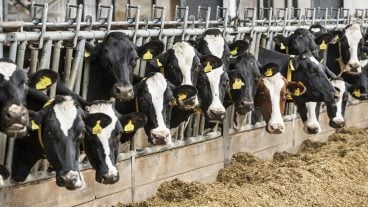
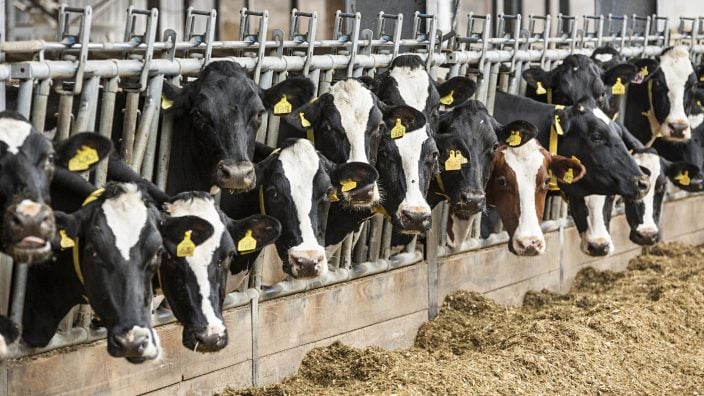
Producers are urged to work with their veterinarian to practice enhanced biosecurity measures and review and limit cattle movements within production systems.
Read More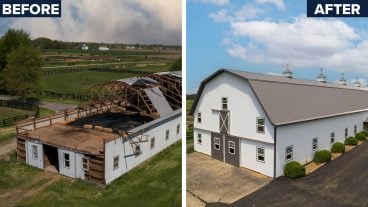
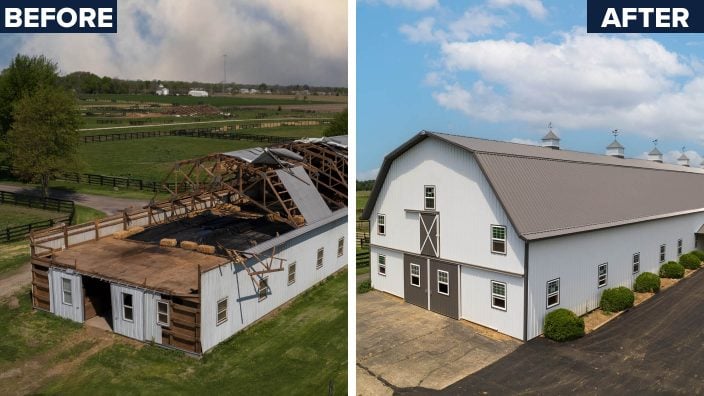
The changing seasons bring with them the need to thoroughly inspect pole barns for any damages that may have occurred during the winter months.
Read More
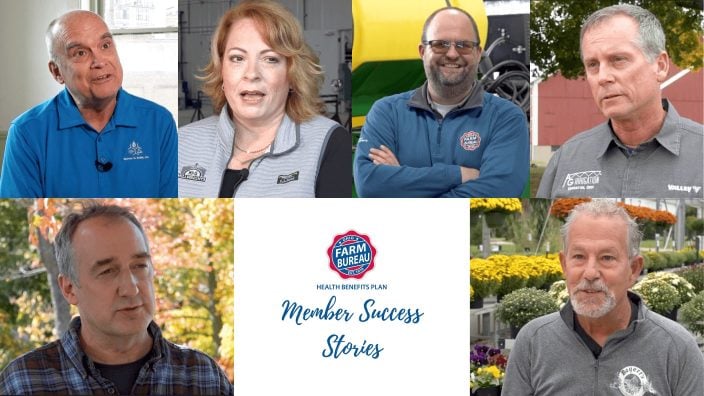
Hundreds of Ohio businesses and sole proprietors are raving about Ohio Farm Bureau’s Health Benefits plan with lower, predictable costs and easy enrollment and administration options.
Read More